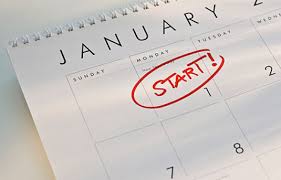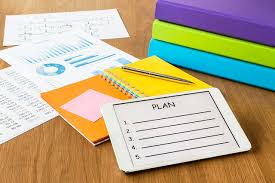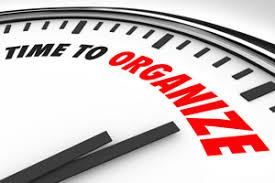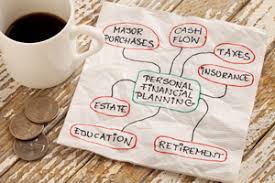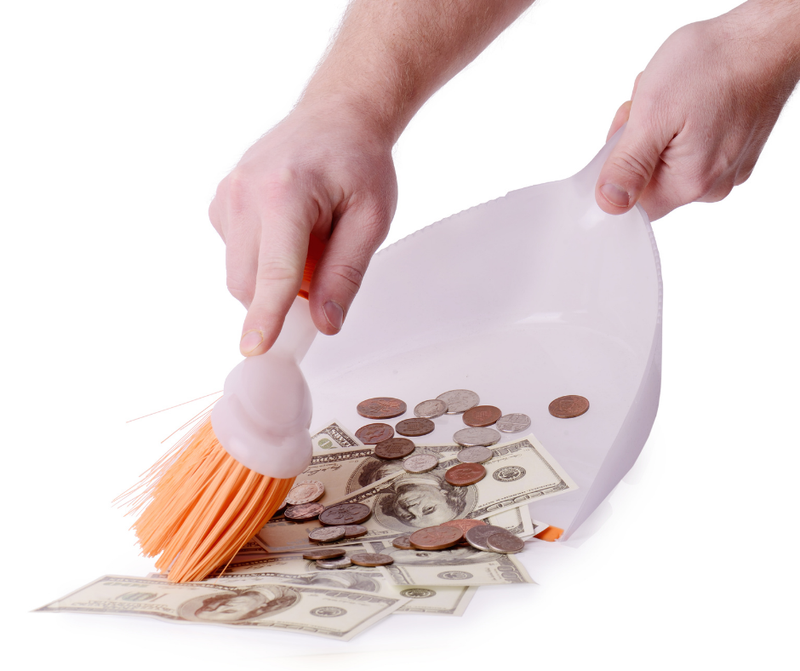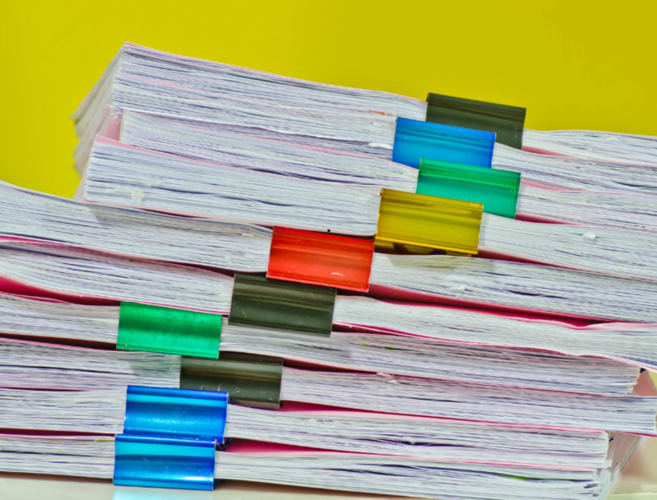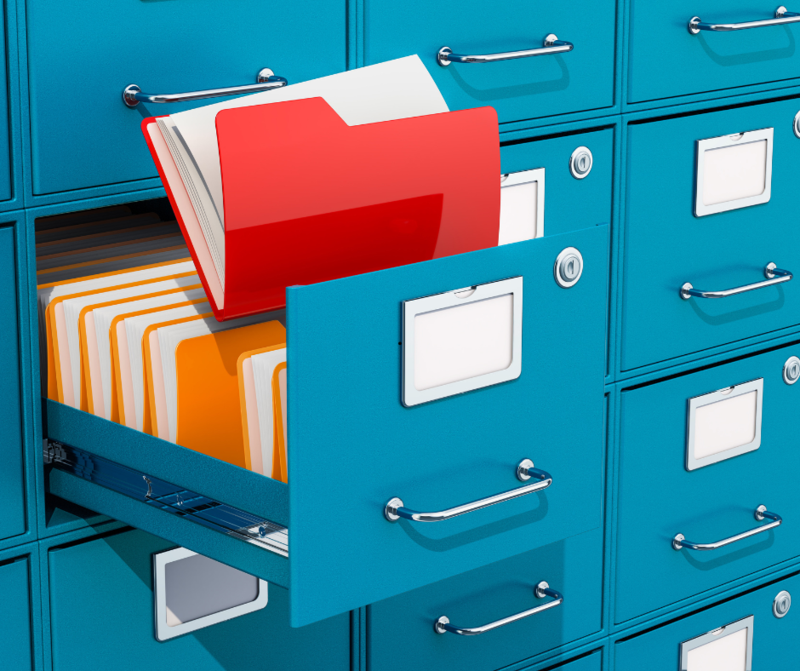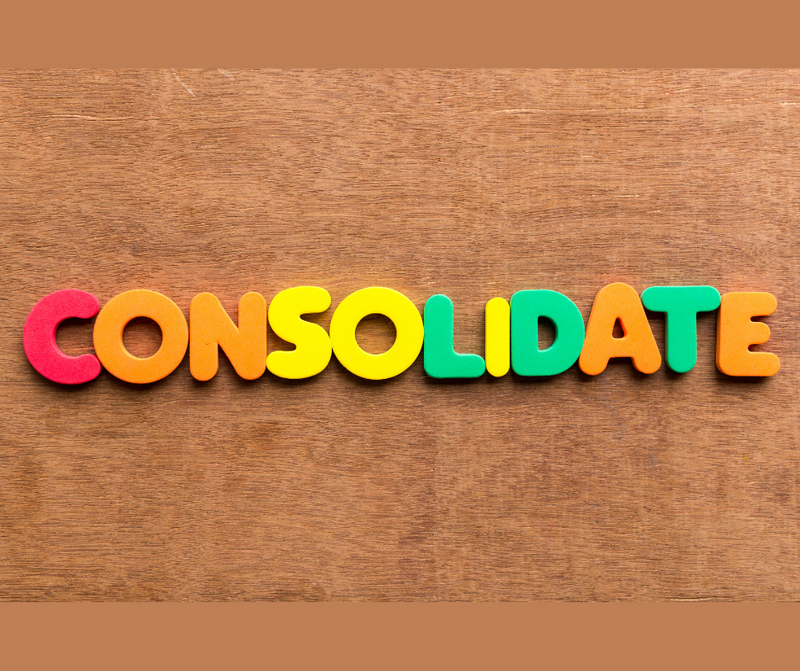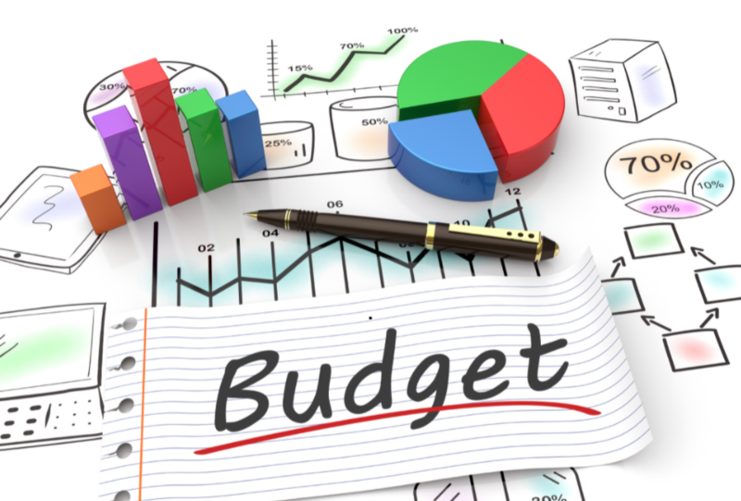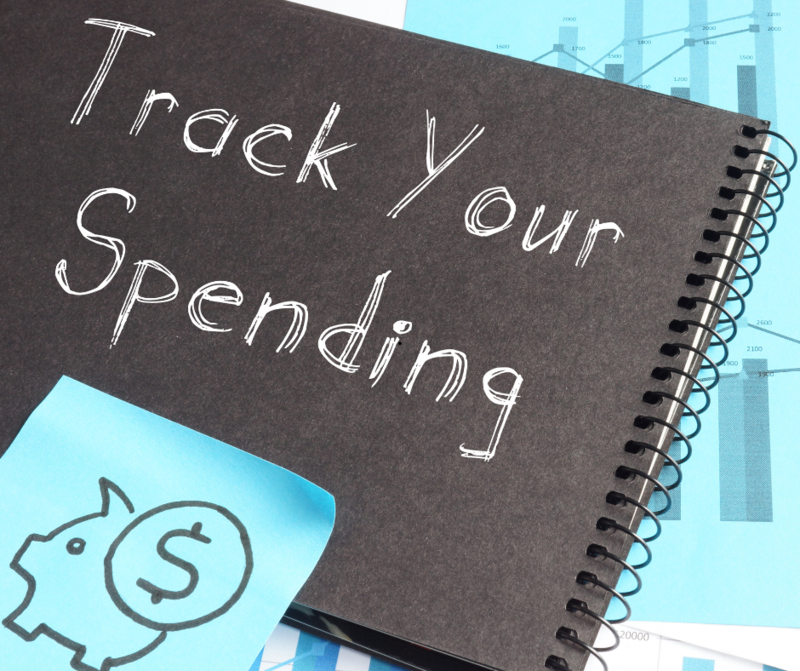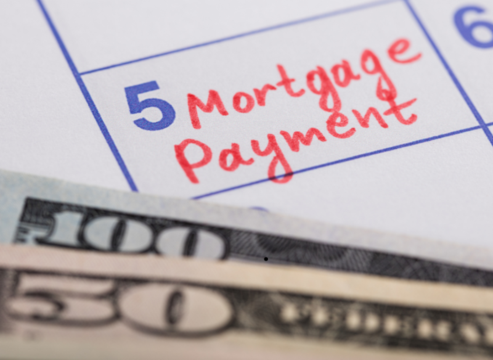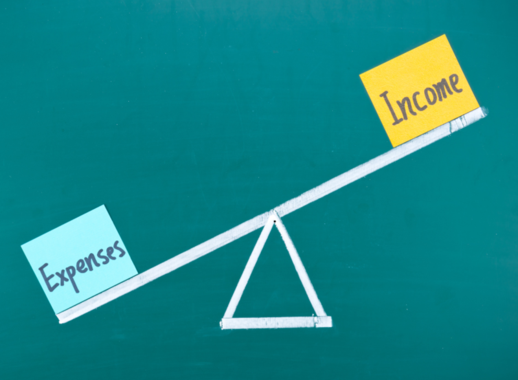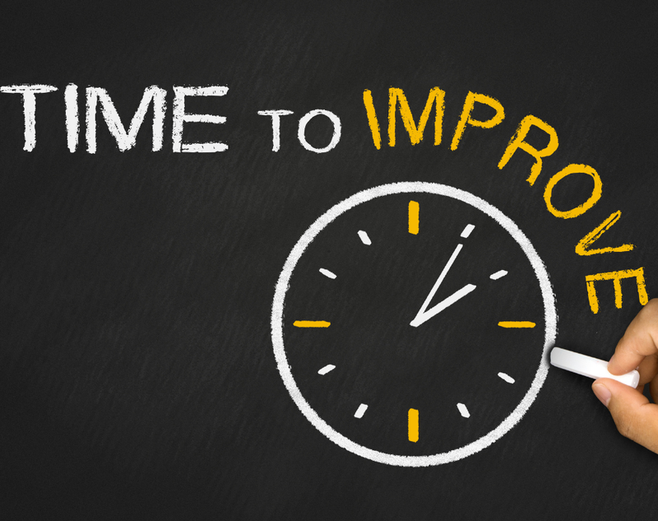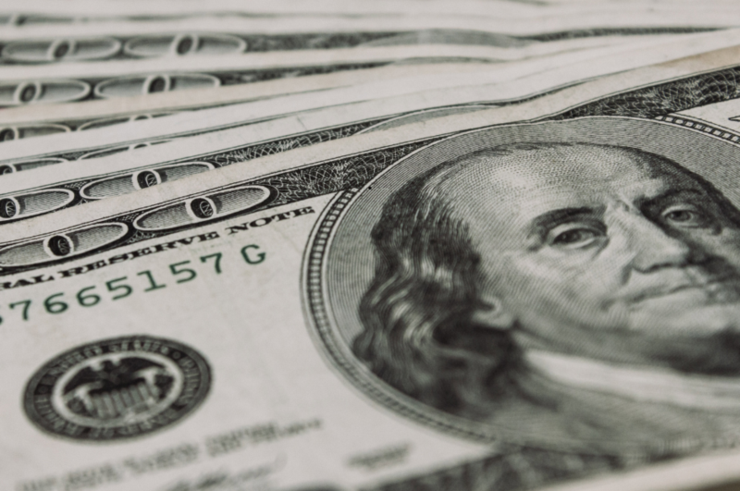Prestige Professional Management
Your Consumer Resource Specialist
Get Organized & Clean Up Your Finances!
Money is one of the most difficult things to organize. Most of us probably spend money almost every single day, making it difficult to keep up with tracking methods and organization tactics. If you follow these tips, you won’t just stay organized but you’ll also be able to manage your money better! Many of us avoid finances because we don't know where to start. This year things can be different!
Living frugally means being in control of your finances. And, managing your personal finances can sometimes feel like a full-time job. As your life continues to get busier—with saving money while grocery shopping, clipping and using coupons, and finding ways to cut costs with do-it-yourself projects—some of those personal finance "to do's" may fall by the wayside.
Learn how to organize your income and expenses in a way that contributes to your financial success. This guide will help you to set financial goals, track your spending, create a budget, and determine your net worth.
Now is a great time to get organized and clean up your finances — from consolidating bank accounts to looking for spending leaks. True fact, if you aren’t organized, you miss out on opportunities to improve your financial situation.
Once you organize your finances, you will be ready to take action on your budget and other financial goals.
Don’t think you have the time? Pick one area and focus on that first. A few hours at a time devoted to getting paperwork organized will give you peace of mind and prevent frantic searches later for a specific document.
Purge Your Piles
Most monthly statements can be pitched after one year, but if you plan on buying a house, keep two years' worth of utility bills, pay stubs and bank and credit card statements (or access them through online platforms). As you are organizing your finances, shred paper you don’t need and file by category what you want to keep or scan them and store them on a secure hard drive.
Save the Essentials
One-of-a-kind documents and those needed as proof of ownership or amounts paid should stay with you for the long haul. These items include:
- Tax returns and year-end investment statements. When you retire or liquidate a specific investment, you will need to calculate what you owe in taxes.
- Active deeds and policies, such as your auto insurance policy and deed of sale for your car.
- Receipts for and photos of big-ticket items to support your insurance claim in the event of theft or damage.
Keep these and other important documents (i.e. marriage license, will and passport) in a locked, fireproof and waterproof box.
Go Paperless
Is all the paperwork stressing you out? Get organized by going digital and losing the physical clutter.
If you have regular access to a computer, setting up online pay for your bills can go a long way towards streamlining the organization of your finances. In many cases, you can choose to have monthly deductions taken automatically from your bank account or you can choose to manually initiate each payment.
Use only a password-protected secure network (not free Wi-Fi hot spots) when logging in to pay bills.
If a service provider posts statements only for the last year, download or print those you want to save longer. Make sure to back up your computer files regularly.
Alternatively, scan important documents and save those files to a secure cloud-based service or on a separate hard drive.
Update and Consolidate
When you organize and clean up your finances, updating and consolidating accounts can save you money and legal headaches down the line.
Consolidate financial accounts. For example, close the checking account you don't use and move funds from your old 401k to your current retirement account.
Consolidate credit cards. Choose the lowest interest rates and best loyalty benefits. But before you shift money among cards, check to see if there are balance-transfer fees.
Update beneficiaries on insurance policies and retirement accounts.
Create or update your will.
Gather new quotes for car, home and life insurance and adjust coverage levels if needed.
Check your mortgage rates and see if it makes sense to refinance.
Check your credit at www.annualcreditreport.com. You can check your own credit as often as you like without impacting your credit score. However, you are only allowed one free copy of your report from each credit bureau per year. You can either spread these out, checking one bureau every four months, or you can check all three at one time and wait twelve months to check again.
Check fees on phone, cable and other bills to see if you are paying for services you don’t use.
Communicate About Finances
Among couples, when one person pays the bills, the other may be out of touch with household finances. Now is a great time to get organized and on the same page. Talk about expenses, spending and financial goals. 'If you have kids, involve them in basic conversations about money to provide them context for the money-related decisions you and they make. Explain the basic concepts of saving, budgeting, income and expenses.
Reset Your Budget
Now that you’ve organized your finances, take stock of life changes since last year—such as a move, new baby or job change. Then readjust spending and saving levels. Rebalance investments. Also, make or update plans for paying down debt and avoid taking on new debt.
Set Financial Goals
To get your finances in order, you first need to decide what you hope to accomplish. Do you want to save for your retirement, a vacation, your child's college education, a new car, or a house? Do you hope to pay off debt or build up an emergency fund? Spend some time identifying your financial goals—big and small—and put them on paper.
A financial plan can help you get ready for retirement, buy your first home, and start a family (if you want one). Take the time to plant the seeds for your future by creating a plan with clear goals and a specific timeline.
Track Your Spending
Do you know how much you spend each month? If not, now is the time to find out. Track your spending over a one-month period to find out exactly where all of your money goes. Are you spending too much on incidentals like coffee and vending machine snacks? Are you falling behind on your savings goals or spending more than you make? By the end of the month, you should have an answer to all of these questions.
Create a Budget
Once you've established a list of financial goals and have taken a close look at your spending habits, it's time to create a budget that reflects how you want to spend your money. To create an effective budget, start with a budget worksheet, where you'll gather all of your financial statements, record your sources of income, create a list of monthly expenses, and make adjustments to those expenses. Then, you'll want to learn how to budget your annual spending and break that down to develop a monthly spending plan.
Determine Your Net Worth
Your net worth—the total of all your assets minus your liabilities—can tell you a lot about your current financial health, and help you to plan for your financial future. Find out what your net worth is now. Then, get in the habit of recalculating your net worth yearly or whenever there is a significant change to your finances.
It might be tempting to skip this step, but determining your net worth may be the most important part of organizing your finances. Your net worth is the cash you would pocket if you were to sell everything you own and pay off all of your debts. If you take a hard, honest look and determine this simple figure, you can then work backward to create a budget, set financial goals, track your spending, and, ultimately, take control of your finances.
Set Up a System for Paperwork and Bills
Get your financial paperwork organized. Some people like to put receipts in envelopes. Others set up file folders, either in a drawer or electronically, to file their statements and separate what’s new and what’s been paid. It’s also important to organize the paperwork that needs to be dealt with, but that doesn’t necessarily require a payment, e.g. RRSP contribution statements that need to be reviewed for accuracy.
Use a Calendar to Set Up Money Reminders
Most of us use a calendar to remember our work and personal appointments, so why not use a calendar to manage our money? In a way, our money has appointments too, and it’s our job to get it to each appointment on time.
Use a wall calendar, agenda, free online calendar or app for your Smartphone to help you remember where your money needs to go and when. Give each dollar a job and make sure it gets to where it needs to go. Highlight paydays, how much automatically gets transferred into savings, what you’re keeping for spending, and when each of your bills and obligations need to be paid.
Balance Out Your Payments and Expenses Over the Whole Month
If you look at your calendar and notice that one payday has more obligations than another, contact your lender and your utility companies and move some dates to balance things out a bit better.
Balancing things out will help you avoid thinking that you’re broke for half the month – and have lots of extra cash to spend for the other half. Feast or famine cycles can actually cause you to reach for your credit cards more often because you know that money is coming to make the payments. The problem, though, is that you get into a habit of always paying for the past and never getting ahead.
Just like with our jobs, we don’t work 24-7 for half the month and take the other half off – we spread our work out to make it more manageable. Managing the obligations we have with our money should be the same.
Out With the Old; In With… But Hang On a Minute
If you’ve made it this far without getting yourself in over your head, work to improve on what you’re doing rather than trying something completely new. If you already pay your bills on time and have some spending money, look at your savings and see what you can do to top it up. Or see if you can find ways to pay off debt a little faster.
This is where tracking your spending will help. By jotting down what you spend for a week or two, you might discover that your coffee buying and eating out habit amounts to $50+ a week. That’s $200 a month that could be put to work helping you top up your savings or pay your mortgage down faster, while still eating out once a week. It’s all about making choices with what we have and appointing our money wisely.
No One System to Organize Money Works for Everyone
Practice leads to progress, not perfection, so be realistic. Finding a system to organize your money that works for you will take a bit of time. And what works for one person doesn’t necessarily work for the next, even if you live under the same roof. Try not to get discouraged if it doesn’t all come together the very first month. You’ll get another chance next month to work on it some more :-)
